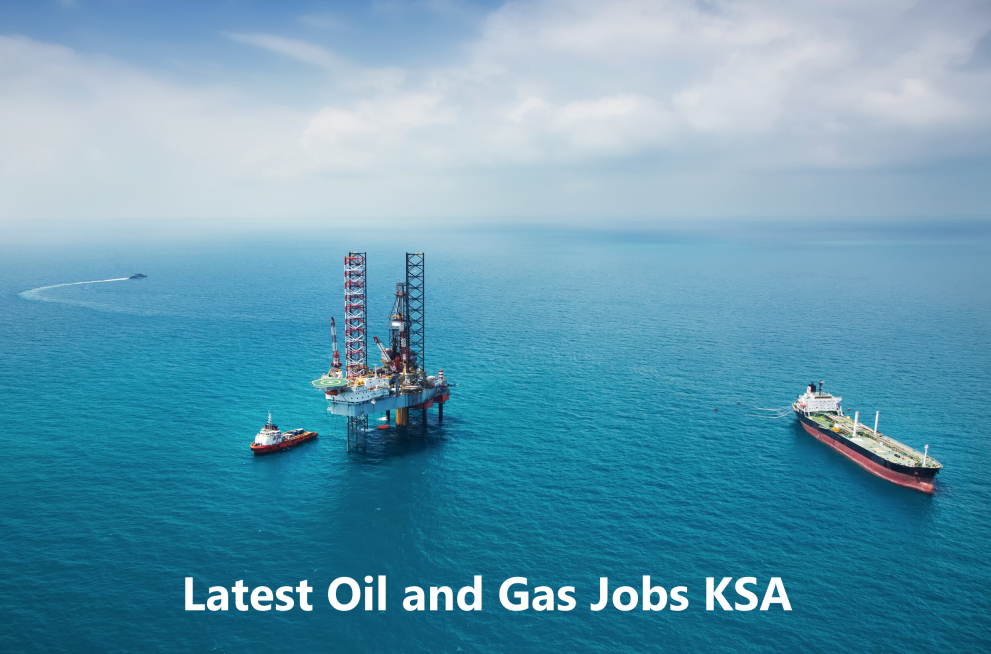
One of the biggest sectors of the economy in the Kingdom of Saudi Arabia (KSA) and is majorly generating a massive percentage of the national revenues. Complex operations, regulatory expectations, and moving forward to sustainability have increased the demand for very highly qualified auditors. The need for oil and gas audit training skills has been amplified to upgrade assessment and improvement in operational, financial, and compliance areas of this sector of vital importance.
The oil and gas industry is huge and significantly regulated on a very heavy scale. Companies within KSA are mostly controlled following set regimens set by national as well as international organizations, including Saudi Aramco Standards, IFRS, and the ISO. Audits make sure that those organizations apply the standards of those regulations with the intention of suppressing chances and opportunities for improvement.
To adequately prepare professionals to face peculiar problems in the industry, the training on oil and gas audit in KSA often forms an entire spectrum of features. Some of these features are
In KSA, there are various audits that are carried out to ensure that the oil and gas companies operate their businesses effectively and in line with regulations as follows:
Internal audits are normally the company’s auditors or an outside consultant that are done to evaluate the effectiveness of the current operations within the organization while in line with the policies of the company.
External audits, mostly firms of independent auditors because of the compulsorily required requirements by regulators, are done to ensure that there is conformity to the set standards of finance and operations.
These audits ensure whether the company is complying with the environmental law or not, as well as the implications of their activities on nature.
The risks of accidents are very high. Health and safety audits ensure that companies are adhering to occupational safety acts and hence, thereby, minimize the risks for employees.
These checks and balances ensure whether the organization is complying with the statutory and regulatory requirements of the governing bodies, such as the Ministry of Energy in KSA.
As the oil and gas industry flourishes in the economy of KSA, the government, along with the commercial world, worries about proper governance and compliance for everything. Some of the critical issues are being deliberated upon in this training.
With the auditor training, proper review of the financial records along with operational processes can be ensured to increase accountability towards proper resource receipt.
Since the global community puts a strain on the nations of the world to preserve their environment and healthy working conditions, audit training ensures that KSA’s oil companies are in a position to adopt best practices the world over.
Training makes an auditor competent to the level to which companies like Saudi Aramco can participate in national regulation and international standards.
This is based on the fact that training in KSA oil and gas audit exposes a person to thousands of opportunities for the public or private sectors. The sector is considered one of the most influential in the region, and such professionals are badly needed. These include:
Internal auditors are those responsible for auditing their organizations that identify deficiency areas or measures to be used for improvement and strictly follow applicable regulations.
A compliance officer would ensure that all the legal and regulatory conditions in finances, the environment, and safety are met as well.
The health, safety, and environmental auditors measure the operations of the company about the safety and standard conditions to avoid accidents and environmental hazards.
An external auditor works with an independent firm. He or she has the responsibility of reviewing several oil and gas companies in order that they can gauge how reliable their operation mechanisms are pertaining to different standards.
The oil and gas companies may hire professional consultants who have audit experience so that they may be able to take them around showing them how to tackle risks that might be included in the system.
Some of the institutes providing specialist oil and gas audit training courses in KSA are as follows:
Courses from SPSP cover all the operational and safety aspects of oil and gas auditing. There are also courses for HSE certification.
Saudi Aramco is the biggest oil production company in KSA that has auditors trained in-house, targeting the company’s very high operational standards itself.
The IIA offers various audit training courses that range from internal to external audits, which include industry-specific regulations.
There are many countries with certification bodies offering the certified course in KSA. Such has given deeper insight into what is happening about oil and gas auditing at the international levels.
Oil and gas audit training in KSA has taken a role that is increasingly more vital than ever to ensure that the country’s most important industry remains sane and sustainable. The process then honed the skills of professionals in ensuring efficiency in operations, regulatory compliance, as well as risk mitigation. The sector will grow and expand with the arrival of skilled auditors in the face of sustainability needs and technological advancements.
Also Read: Oil and Gas Training Services Saudi Arabia

By Get global | July 10, 2024